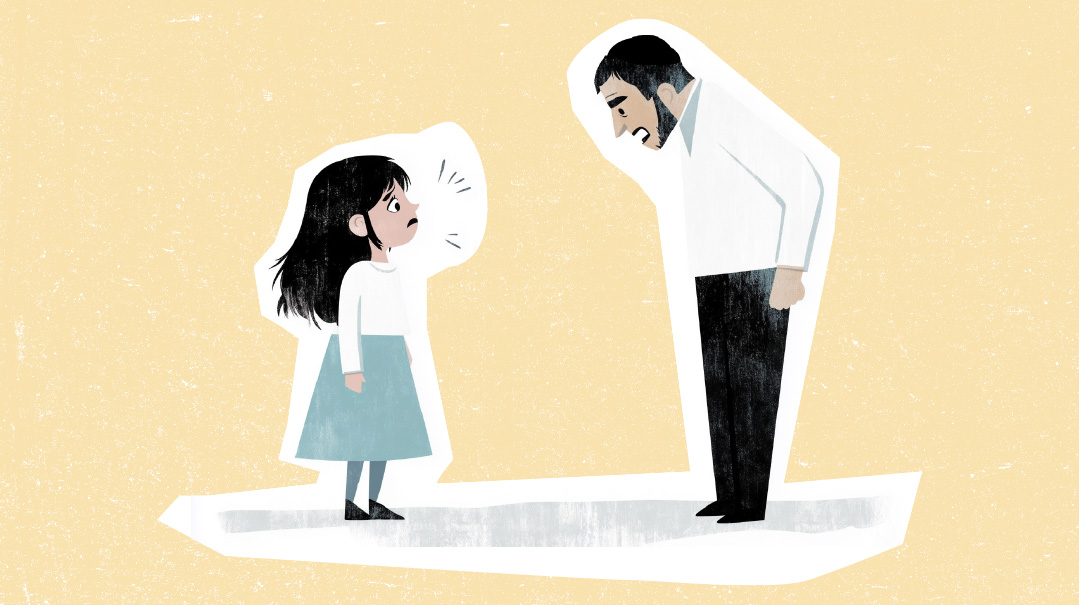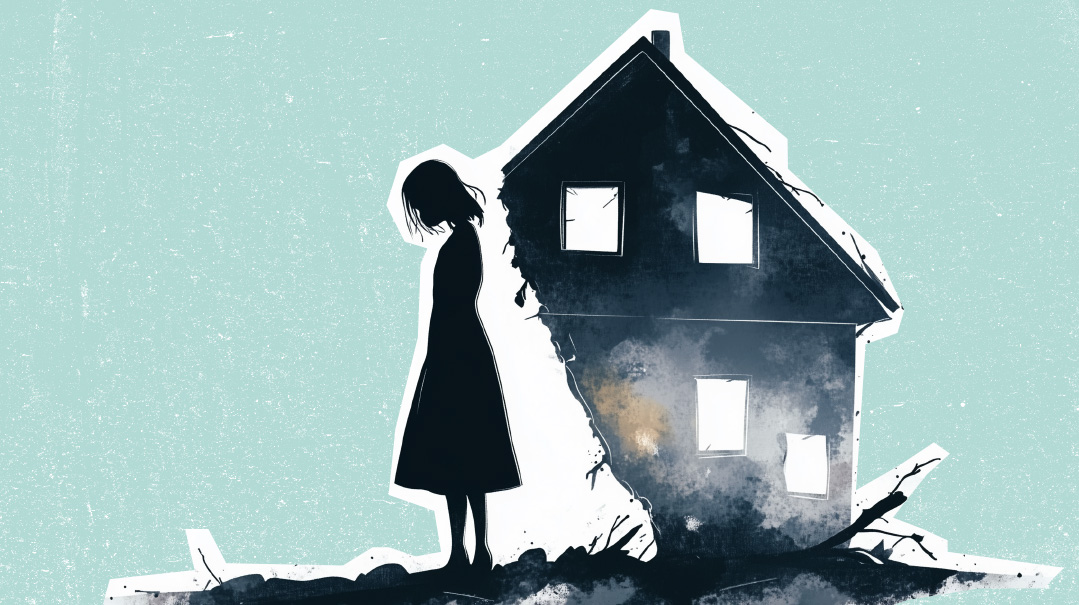“My Husband Is the Best. Except He Has No Empathy”

“Your therapist has undoubtedly undergone such a training process. Most husbands have not”

Q:
I have the best husband ever. He’s a happy, fun person, a real mensch, and a baal chesed.
But the one thing he doesn’t have that I really need is empathy. Coming from a dysfunctional family, I always wanted a husband who would have patience to listen to me cry and express my feelings. However, my husband gets annoyed when I cry. Because he has no patience for this stuff, I share my emotional pain with my therapist. But isn’t this a bad substitute for the caring and support a husband should provide? Is there a way for me to train my husband to be more empathetic?
A:
Yes, people can be trained to respond to others empathically. In fact, such training is a main component of any professional counseling program. Counseling students learn to listen without interruption, to identify, welcome, and validate feelings, and to offer back the most accurate, poignant summary that encapsulates the heart of the communication. Your therapist has undoubtedly undergone such a training process. Most husbands have not.
Moreover, although a man can certainly become an excellent therapist, the average woman — because of the brain structure gifted to her from Hashem — often does a pretty good job of empathic listening even without extensive training. The language and emotional centers of the female brain are designed to aid the survival of offspring by quickly and accurately intuiting the emotional states and needs of others. Nonetheless, there are limits to compassionate listening even for women as, not being trained therapists, they will tend to absorb the pain and stress of those who share with them. Extensive untrained listening will inevitably become not only draining, but also toxic to those who do it. Equally important, the activity is unhelpful to the people that lay listeners are trying to support as it offers no actual therapeutic processing (the employment of specialized therapeutic techniques designed to resolve painful emotional schemas, distorted cognitions, and self-destructive behaviors). While supportive listening can provide temporary relief, it’s not sufficient to build and maintain healthier, happier mental and emotional functioning.
Therefore, I think that you have actually gone to the right address for the resolution of your childhood and ongoing pain — that is, your therapist. It’s not reasonable, fair, or kind to ask one’s husband to help heal the trauma of your past, or even to support enduring patterns of current emotional distress. Yes, a husband can be taught to listen patiently to the occasional story of hurt feelings, confusion, overwhelm, or worry. However, in a healthy relationship, neither spouse is routinely depending on the other for a “counseling” experience. We have therapists, mentors, rabbis, journals, friends, and above all, Hashem, to help us on a routine basis. People don’t get married in order to have to carry the burden of someone else’s pain.
For infrequent listening, you can tell your husband exactly what you want him to do for you. For instance, “I want to tell you what happened to me today and how upset I am about it. I want you to stay quiet and let me tell you the whole story. Is that okay? Then when I’m finished, just tell me it will all be okay. Got it?” Make the task straightforward and easy and be sure to offer generous praise afterward to help solidify and build the new skill. Say something like, “You did that perfectly! You gave me just what I needed! You’re the best husband ever!” Don’t worry; he won’t feel patronized. On the contrary, with success under his belt, he’ll be more willing to support you in the future.
As for crying, I’d save that for your highly skilled therapist. Husbands may be overwhelmed by a woman’s emotionality, feeling ill-equipped to provide sufficient comfort, not knowing how to interpret the tears or how to cope with their own helplessness. Your husband’s distaste for crying isn’t uncommon. Many men are uncomfortable with a woman’s expressed vulnerability. Some even feel manipulated by the tears of their wives or assess it as babyish. Of course, a woman can cry if she wants to, but she needs to be aware that as an adult, she may not elicit the sympathy and assistance that she is seeking.
As a woman, you might be wondering how you will become close to your husband if you can’t cry your heart out to him on a regular basis. I assure you that closeness that arises out of laughing, sharing interesting stories of the day, discussing ideas, shopping, walking, talking, and working together, are sufficient for building a close and loving companionship.
(Originally featured in Family First, Issue 905)
Oops! We could not locate your form.





